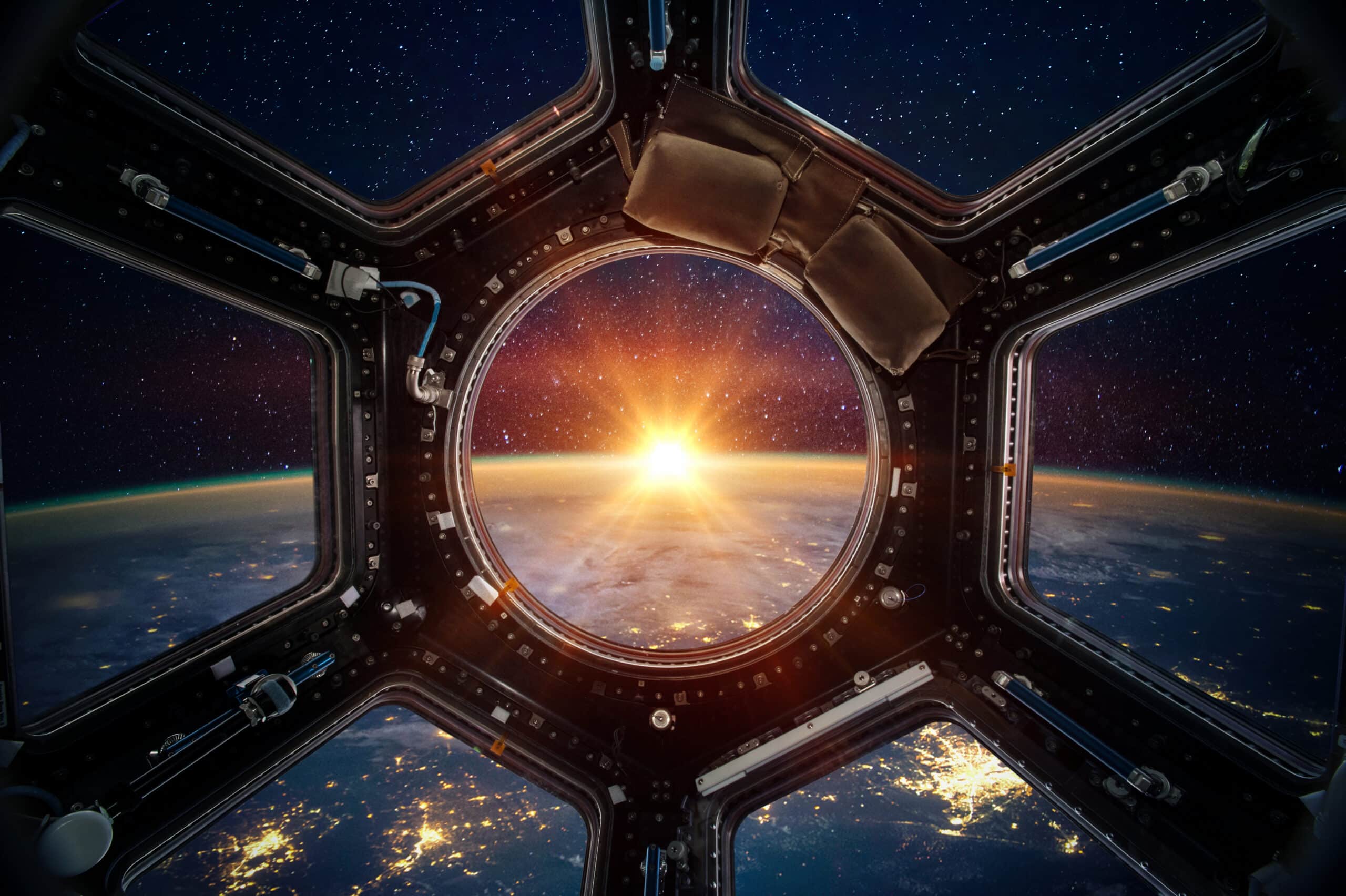But that inquiring human mind is always asking, what if we didn’t have to? This is the driving force behind great scientific minds that keep investigating ways to slow down or prevent the cellular deterioration that eventually leads us down that dreaded path of aging that we all travel.
Scientists on board of the International Space Station are conducting new experiments that might be a step towards such an anti-aging discovery; while floating high above the Earth enjoying the spectacular view scientists will be testing the potential for man-made nanoparticles to be used in the fight against damaging free radicals. Free radicals have been shown to be some of the biggest culprits in damaging cells as well as DNA during the course of a person’s lifetime.
Although we all must deal with aging, from a scientific perspective it is still not particularly well understood, and now that is gaining acceptance rather than ridicule, anti-aging research is still a relatively new field of science.
Much to our discontent, our bodies, unfortunately, will degrade with age, and some of the damage to our cells and DNA is linked to aging-related diseases that affect the heart and nervous system. The build-up of cellular damage over time is believed to be a major component of aging, and if this type of damage could be prevented we would stand to have a much better chance at not only living longer but also living healthier for longer. After all, who would want to live longer if it could not be done in a healthy state?
When it comes to aging and undesired effects, free radicals are rogue molecules with unpaired electrons that damage other molecules by stealing their electrons, this is called oxidative stress, and if body chemistry is not balanced with antioxidants this will cause some serious problems. Management of free radicals could promote the much desired long life with overall health, as such scientists on the International Space Station will be examining the ability of nanoparticles to absorb these atoms which will reduce the damage that they cause over time.
Ensuring health during long-haul space flights is one of the most pressing concerns for the ESA, NASA, and other space travellers from all nations. The primary goal of this experiment is to determine if these particles can help to keep space travellers and astronauts healthier during extended trips into space, such as those to Mars or even beyond.
This exciting experiment is being conducted in a large incubator on board of the International Space Station that is filled with samples that will be frozen for the trip homebound back to Earth at a later date. The highly anticipated results could serve to guide future plans for space missions, and perhaps even provide scientists with clues as to how to curb aging for those of us here on Earth wanting to improve our anti-aging and longevity warrior efforts.




